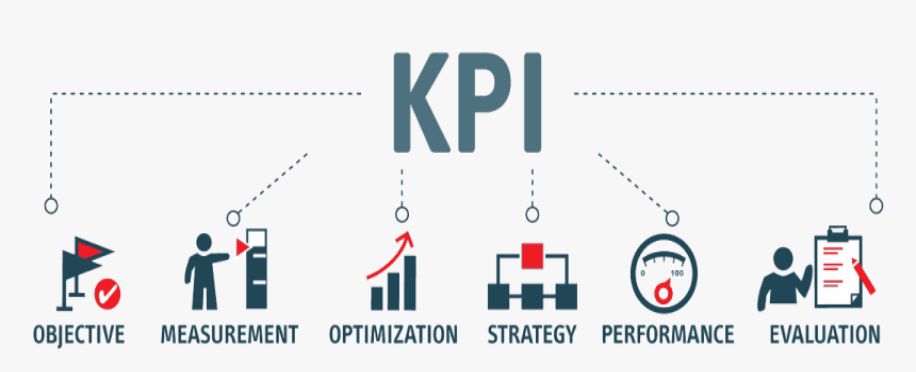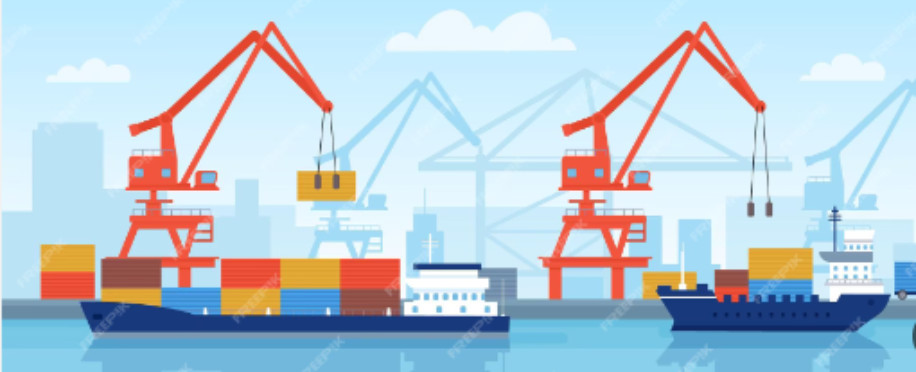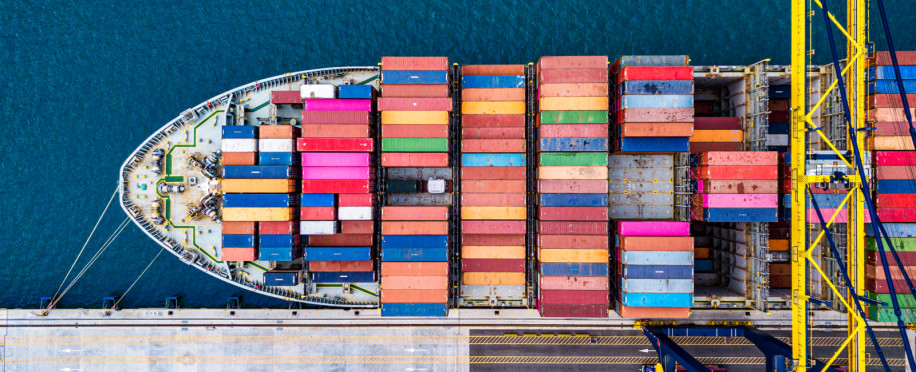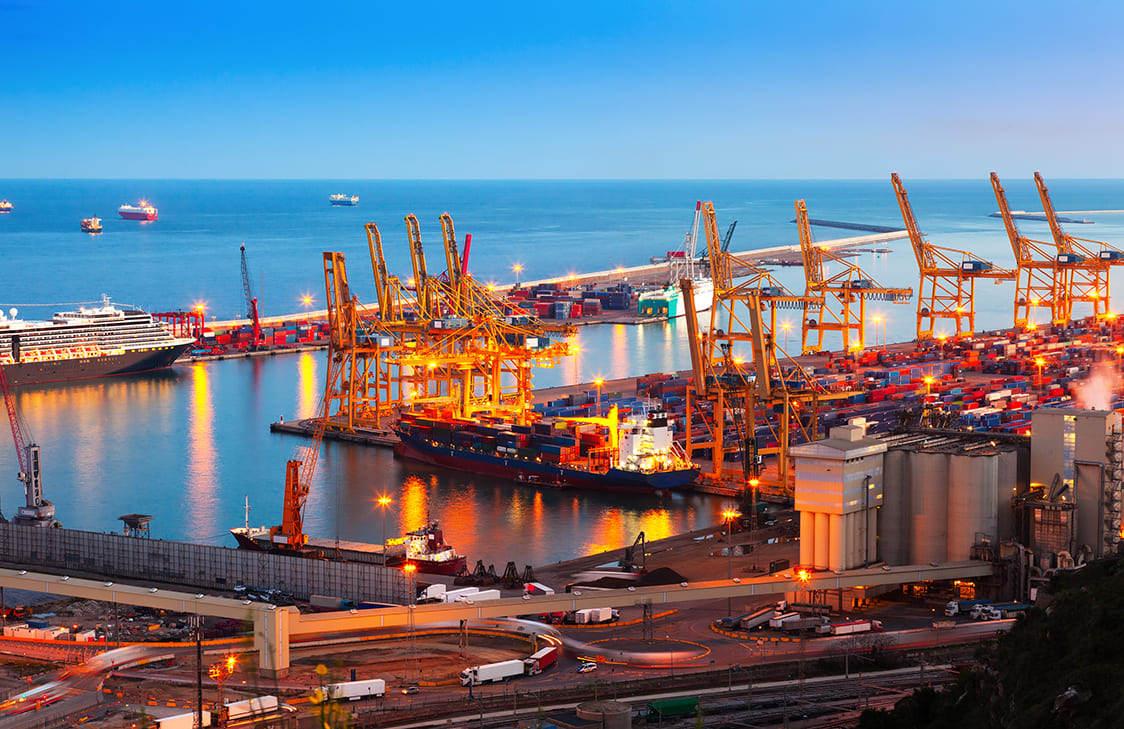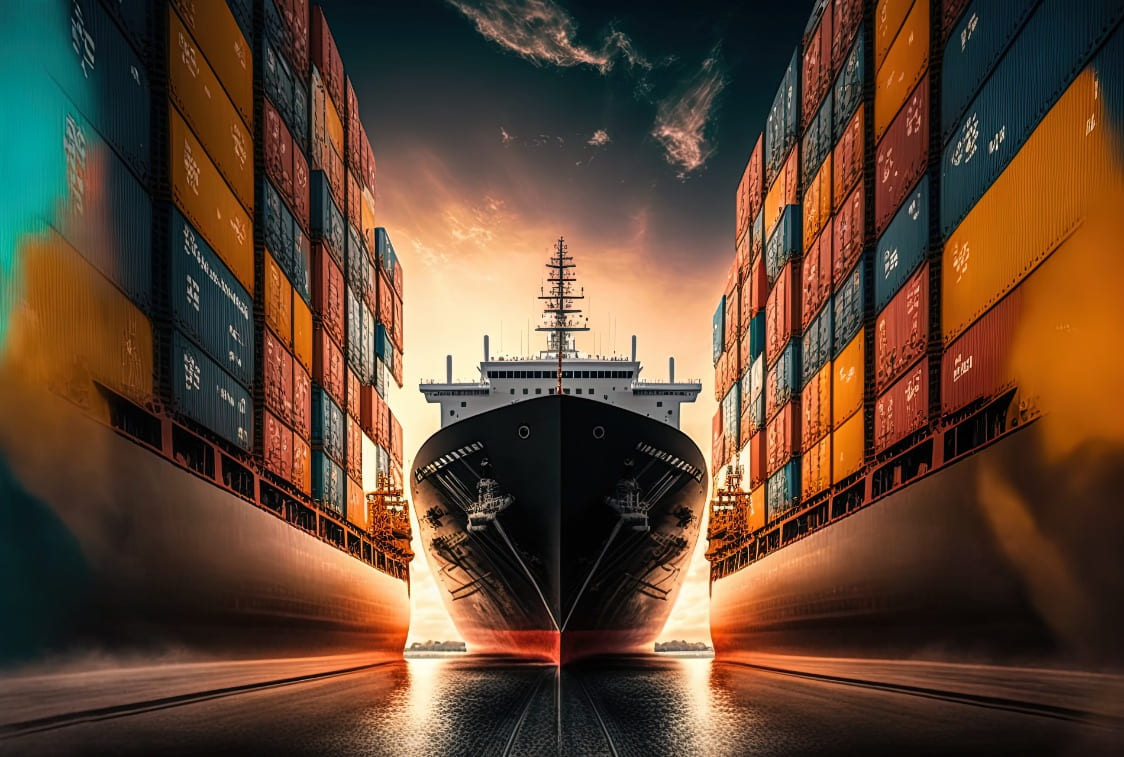FuelEU Maritime: Everything You Need to Know About Europe’s Green Shipping Revolution
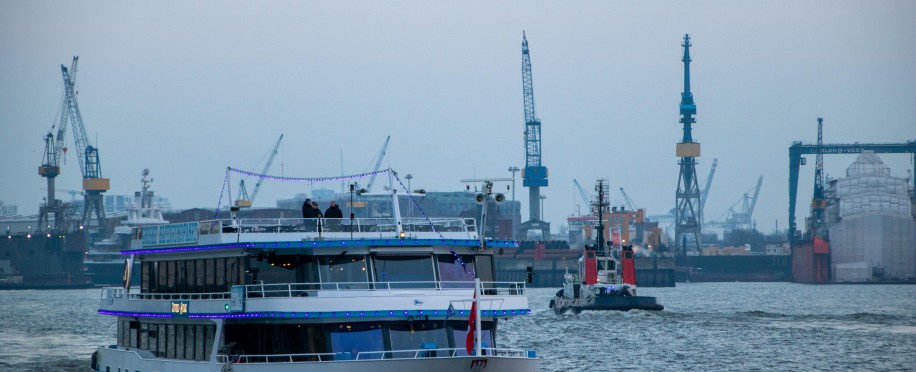
Posted on Feb 09, 2025 at 09:02 PM
FuelEU Maritime is a set of policies that aim to increase the sustainability of the commercial shipping industry, making it much greener and less harmful to the environment. But what exactly is FuelEU Maritime, and why should the rest of the world care? This article seeks to explore how Europe is leading the charge in the green shipping revolution.
What is FuelEU Maritime?
FuelEU Maritime is the European Union’s bold and comprehensive strategy to decarbonize the international shipping industry, one of the most carbon-intensive sectors in the world. The objective of this strategy is to transform how ships are powered, moving them away from traditional fossil fuels like heavy fuel oil and toward cleaner renewable energy alternatives.
The initiative is part of the EU's broader European Green Deal that aims to make Europe the first climate-neutral continent by 2050. FuelEU Maritime specifically targets the maritime sector, setting legally binding emission reduction targets: a 55% reduction in greenhouse gas GHG emissions by 2030 and full climate neutrality by 2050. However, these targets aren’t just aspirational, they’re backed by strict regulations and penalties for non-compliance in the EU, that shipping companies need to seriously adhere to.
Why Green Shipping is a Game-Changer
There's no denying it: shipping is a major polluter. According to the International Maritime Organization (IMO), the shipping industry's emissions have increased from 2.76% in 2012 to 2.89% in 2018. That’s equivalent to the annual emissions of Germany!
Green shipping is just about the only way out. By promoting sustainable fuels and adopting energy-efficient technologies in shipping operations, we could decarbonise vessels and reduce emissions. For instance, hydrogen fuels produce little to no emissions, making them a cleaner and more sustainable option for powering ships. According to a report by the World Economic Forum, hydrogen could play a pivotal role in the decarbonisation of the shipping industry.
Key components of FuelEU maritime
The European Union’s FuelEU Maritime initiative represents a transformative regulatory framework designed to align the maritime sector with global climate objectives. How exactly is the EU Union's decarbonising strategy being put into place? Let's explore some of the key points of this initiative as well as its limits:
1. Legally Binding Emission Reduction Targets
FuelEU Maritime establishes clear, enforceable benchmarks to promote decarbonization. Nevertheless, these incentives are only effective when backed by a law and legislation that requires all shipowners to adhere to.
2. Alternative Fuels
FuelEU Maritime highly promotes the adoption of clean fuels like hydrogen fuels. These fuels produce little to no emissions, making them a cleaner and more sustainable option for powering shipping transport.
3. The “Well-to-Wake” Approach: A Holistic View of Emissions
Unlike traditional regulations that focus solely on emissions from ship engines, The FuelEU Maritime regulation adopts a “Well-to-Wake” approach. This means it considers the entire lifecycle of fuels—from production to consumption.

Challenges and Opportunities
Of course, transitioning to green shipping isn’t without its challenges. The upfront costs of adapting to the requirements and alternative fuels can be steep, especially for smaller shipping companies. Additionally, there’s the issue of structure—not all ports are fit to handle fuels like hydrogen. To encourage ship owners to comply with the proposed agreement, more infrastructure should be established that enables the change to happen more smoothly.
Although this progressive change imposes specific challenges, it also introduced opportunities. The shift to green shipping opens up a world of possibilities for innovation and economic growth. Meaning companies that invest in sustainable technologies now will be ahead of the curve, positioning themselves as leaders in the industry. Plenty of companies who embraced this potential change are already reaping the benefits.
How the World Can Learn from FuelEU Maritime
Europe may be leading the charge, but the lessons from FuelEU Maritime are relevant worldwide. Here’s how the global shipping industry can take inspiration and get on board:
- Adopt Green Practices: Investing in energy-efficient equipment and investigating alternative fuels like hydrogen are good places for shipping businesses to start.
- Invest in Education and Training: A smooth transition depends on training. To ensure that personnel are prepared to manage new technology, enrolling in a training course a Maritime Training Academy UK provides an introduction to the best green shipping practices.
- Collaborate for Success: Industry cooperation and government assistance are essential. Stakeholders may establish a beneficial ecosystem that makes green shipping not only feasible but also lucrative by cooperating, exchanging resources, and maintaining their lead.
FuelEU Maritime is more than just a policy—it’s a blueprint for a greener, more sustainable future for the shipping industry. For the rest of the world, this initiative represents an opportunity to lead by example and contribute to global sustainability efforts. By embracing green shipping practices, we can protect our oceans, reduce our carbon footprint, and ensure a healthier planet for future generations.
